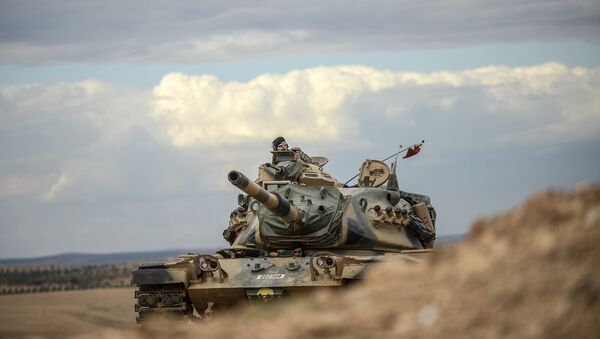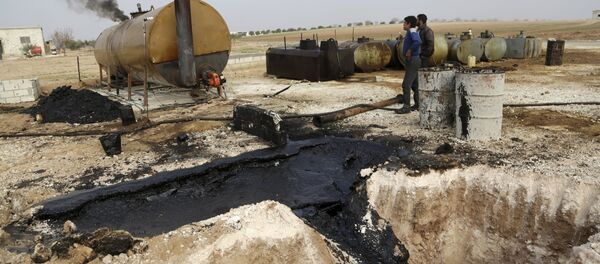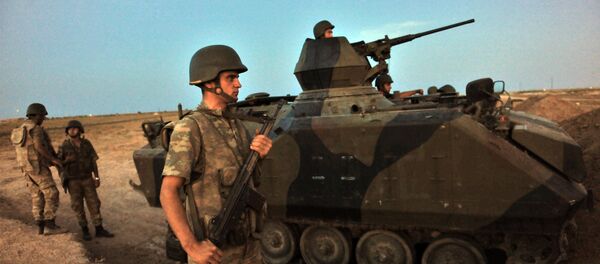In early December, Ankara sent approximately 130 Turkish troops to a town close to Mosul, the second largest city in Iraq, which was captured by Daesh in June 2014. The initiative was not authorized by Baghdad, which called it a violation of sovereignty. Iraqi authorities urged Ankara to withdraw soldiers and military hardware from the province of Nineveh and refrain from similar actions in the future.
"President Erdogan and his entourage believe that Nineveh province was illegally annexed from Turkey in 1920. … Taking advantage of the attenuation of the central Iraqi authority and de facto division of the country into three parts (Shiite south, Sunni center and Kurdish north), Mr. Erdogan cherishes the idea of restoring 'historical justice,'" the analyst explained.
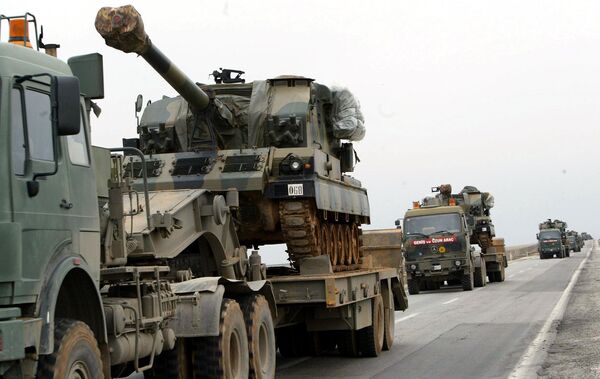
In addition, northern Iraq is rich in oil and Ankara has access to transport routes used to deliver petroleum from Iraqi Kurdistan to Turkey.
These factors "explain Ankara's desire to take advantage of the power vacuum in the north of Iraq and take control over these territories after the liberation of Mosul and Nineveh," Ivanov stated. "And it will not necessarily look like a direct occupation of Nineveh and its subsequent annexation from Iraq."
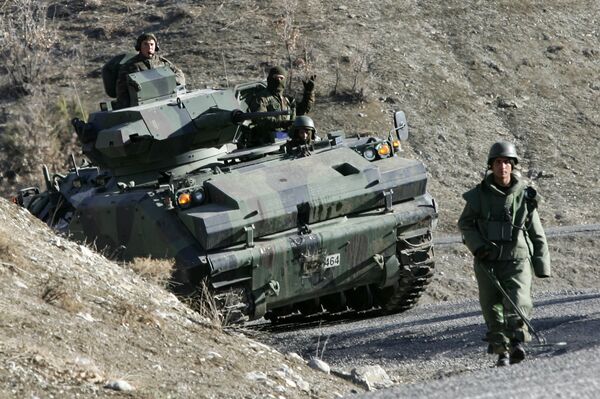
Washington does not seem to mind Turkey's recent military adventures.
"The US administration is very much pleased that Turkey and Kurds have close ties," the analyst noted. "The reason the US supports this partnership is because as long as Turkey and Kurds have an affinity, the influence of Iran and of the pro-Iranian lobby in Baghdad will be kept at bay."

